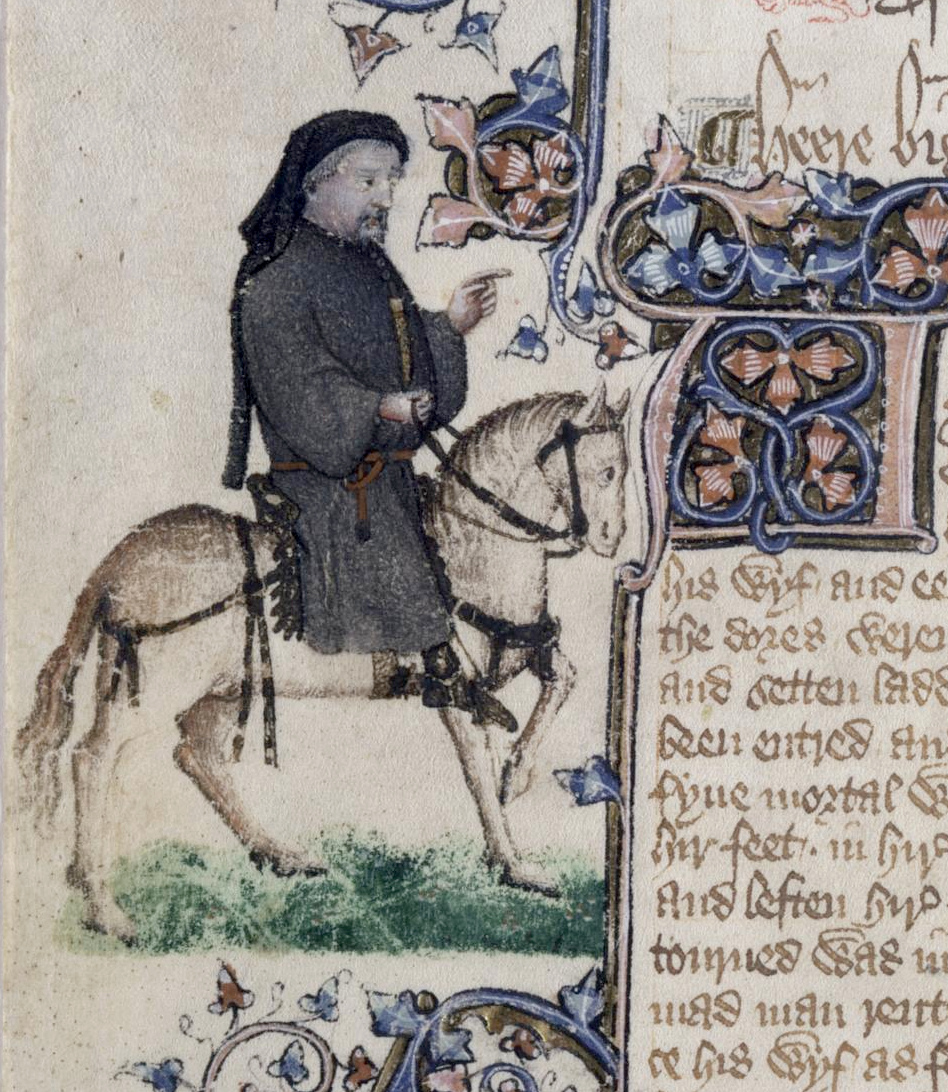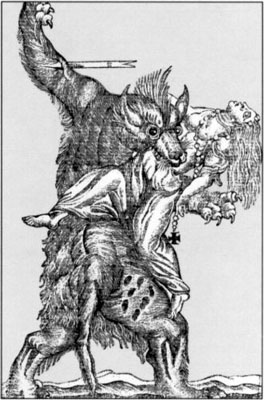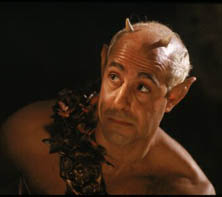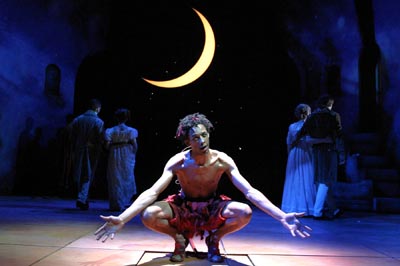"Crash And Burn"
When you feel all alone
And the world has turned its back on you
Give me a moment please to tame your wild wild heart
I know you feel like the walls are closing in on you
It's hard to find relief and people can be so cold
When darkness is upon your door and you feel like you can't take anymore
Let me be the one you call
If you jump I'll break your fall
Lift you up and fly away with you into the night
If you need to fall apart
I can mend a broken heart
If you need to crash then crash and burn
You're not alone
When you feel all alone
And a loyal friend is hard to find
You're caught in a one way street
With the monsters in your head
When hopes and dreams are far away and
You feel like you can't face the day
Let me be the one you call
If you jump I'll break your fall
Lift you up and fly away with you into the night
If you need to fall apart
I can mend a broken heart
If you need to crash then crash and burn
You're not alone
'Cause there has always been heartache and pain
And when it's over you'll breathe again
You'll breath again
When you feel all alone
And the world has turned its back on you
Give me a moment please
To tame your wild wild heart
Let me be the one you call
If you jump I'll break your fall
Lift you up and fly away with you into the night
If you need to fall apart
I can mend a broken heart
If you need to crash then crash and burn
You're not alone
And the world has turned its back on you
Give me a moment please to tame your wild wild heart
I know you feel like the walls are closing in on you
It's hard to find relief and people can be so cold
When darkness is upon your door and you feel like you can't take anymore
Let me be the one you call
If you jump I'll break your fall
Lift you up and fly away with you into the night
If you need to fall apart
I can mend a broken heart
If you need to crash then crash and burn
You're not alone
When you feel all alone
And a loyal friend is hard to find
You're caught in a one way street
With the monsters in your head
When hopes and dreams are far away and
You feel like you can't face the day
Let me be the one you call
If you jump I'll break your fall
Lift you up and fly away with you into the night
If you need to fall apart
I can mend a broken heart
If you need to crash then crash and burn
You're not alone
'Cause there has always been heartache and pain
And when it's over you'll breathe again
You'll breath again
When you feel all alone
And the world has turned its back on you
Give me a moment please
To tame your wild wild heart
Let me be the one you call
If you jump I'll break your fall
Lift you up and fly away with you into the night
If you need to fall apart
I can mend a broken heart
If you need to crash then crash and burn
You're not alone
www.youtube.com/watch?v=qjGSXGCi4Fc |
















